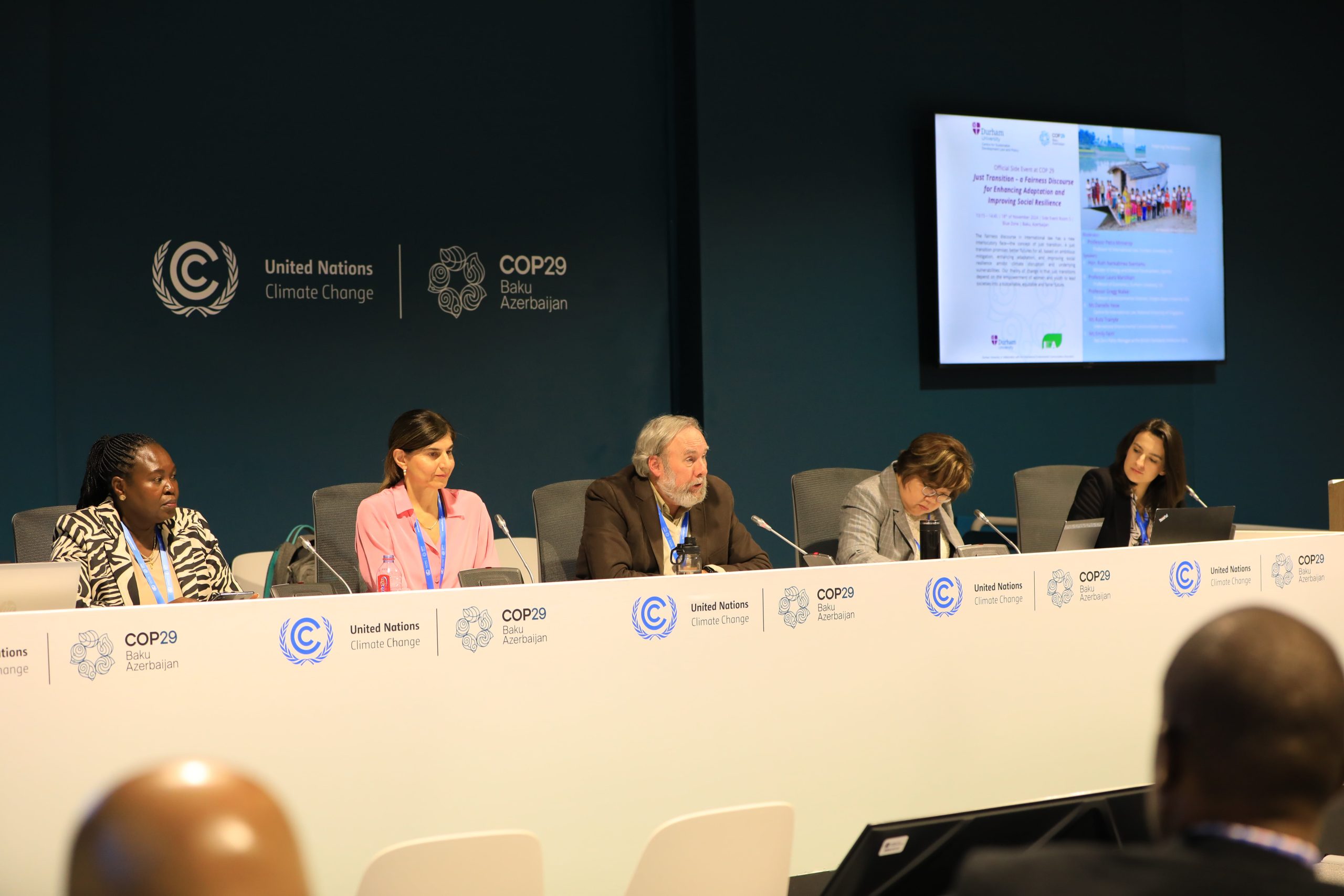
 By Domisiano Owor
By Domisiano Owor
In November 2024, Baku, Azerbaijan, became a hub for climate negotiations as Parties to the United Nations Framework Convention on Climate Change (UNFCCC) gathered for the 29th Conference of the Parties (COP29). This session marked the 19th for the Kyoto Protocol and the 6th for the legally binding Paris Agreement. The two-week event was filled with negotiations aimed at tackling climate change’s causes and impacts.
One of the most contentious issues at COP29 was unilateral measures. Early in the negotiations, a deadlock emerged between developed and developing countries, preventing agreement on the agenda. The core dispute centred around the inclusion of unilateral measures; an issue prioritised by developing countries.
Unilateral measures refer to climate policies adopted by individual countries that significantly impact others without their participation. These measures often take the form of trade sanctions, import/export bans, or new standards and taxes on goods, which can distort financial flows across borders. A notable example is the European Union’s Carbon Border Adjustment Mechanism (CBAM), which aims to prevent carbon leakage by imposing a carbon price on imports to the EU. This mechanism, effective since October 2023, applies initially to carbon-intensive goods like cement, steel, and fertilizers.
For developing countries, unilateral measures are particularly concerning as they often impose unjust trade barriers presented through climate actions. These measures can disproportionately harm economies that are already vulnerable to climate change and have limited capacity to adapt. Uganda, aligned with other developing nations, emphasised the need for these concerns to be addressed during the Baku sessions, arguing that unilateral actions contravene the UNFCCC’s Article 3.5, which calls for climate policies that do not arbitrarily discriminate or restrict international trade.
COP29 Negotiations on Unilateral Measures
At COP29, discussions on unilateral measures were framed under the broader agenda of climate change response measures’ impacts. Developing countries voiced strong objections to policies like the CBAM, which they argued unfairly burdens developing economies. However, developed nations contended that such issues should be addressed within the World Trade Organization (WTO) rather than the UN climate change frameworks.
A compromise emerged in the form of a decision in the next five-year work plan for the Forum and the Katowice Committee of Experts (KCI), and though the decision does not explicitly mention unilateral measures. It includes an activity on analysing and reporting the impacts of climate measures, including cross-border effects. This is a good step towards understanding and addressing the negative consequences of unilateral climate policies while respecting the principles of the UNFCCC.
The Need for Multilateral Cooperation
Climate change is a global issue that requires collective action. While strong climate policies are essential, they must adhere to the principle of common but differentiated responsibilities, with developed countries taking the lead and developing countries contributing according to their capabilities. Climate actions should remain nationally determined to allow countries to set their own priorities, while addressing the problem.
Any climate measures with significant cross-border effects should involve all affected parties in the decision-making process. The UN climate change frameworks provide the ideal platform for such discussions. Moving forward, Parties must continue to engage and establish mechanisms to mitigate the negative impacts of climate response measures on vulnerable nations.
The Author is an Environment Scientist with the PAU and a Climate Change Negotiator
